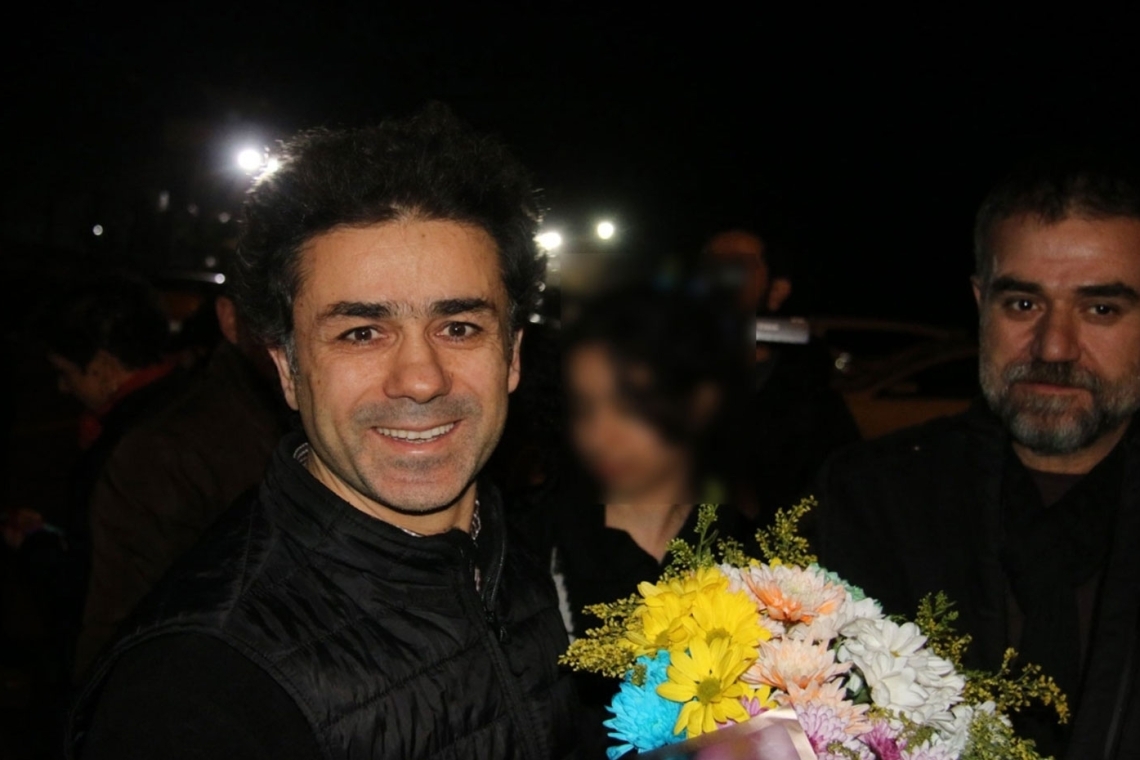MLSA - Journalist Sedat Yılmaz, who spent 230 days in detention before being released at his first hearing, has been acquitted by the Diyarbakır 4th High Criminal Court during the second hearing of his trial on February 29. The court found the secret witness statements and evidence presented against Yılmaz, who faced charges due to his journalistic activities, unconvincing.
The detailed reasoning behind the acquittal highlighted the court's stance that the evidence and witness statements failed to credibly support the charges of "forming and leading an organization" and "membership in an organization" against Yılmaz. The court emphasized that for the charge of "membership in an armed organization," as defined under Article 314 of the Turkish Penal Code, there must be concrete behavior demonstrating a voluntary and continuous commitment to the organization. The court added that merely sympathizing with an organization does not constitute a crime.
Additionally, the court underscored the principles of the criminal justice system, stating that a conviction must be based on incontrovertible evidence and that it is unreasonable to expect the defendant to prove the contrary of the accusations. The decision also reiterated the constitutional principle that an individual is presumed innocent until proven guilty.
The case against Yılmaz was largely built on testimonies from secret witnesses "Ulaş" and "K8Ç4B3L1T5," and on evidence derived from his social media accounts and other public sources. However, the court noted that there was no corroborating evidence to substantiate these witness statements as definitive proof of Yılmaz's membership in any organization.
Regarding the allegations of Yılmaz's international travels, the court found no sufficient evidence contradicting his defense that these were part of his journalistic work. Furthermore, financial transactions and social security records presented in the MASAK report were deemed irrelevant to the accusations of leadership and membership in an organization.
Concluding the rationale for the acquittal, the court stated that there was a lack of sufficient, definite, concrete, and convincing evidence beyond abstract allegations. Thus, adhering to the principle that the benefit of doubt goes to the accused, the court decided in favor of Yılmaz's acquittal.



